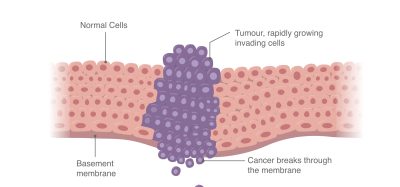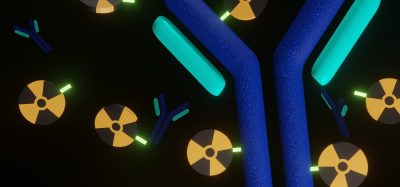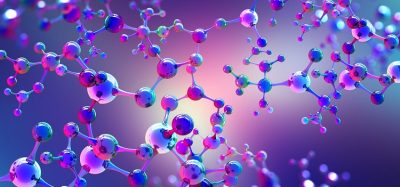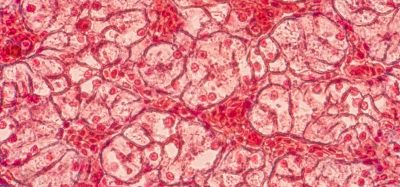Researchers find new genes link to arthritis in bone marrow lesions
Posted: 19 July 2017 | Niamh Marriott (Drug Target Review) | No comments yet
Researchers have found a pattern of genes which is characteristic of osteoarthritis and may be a step towards better treatments for this condition.
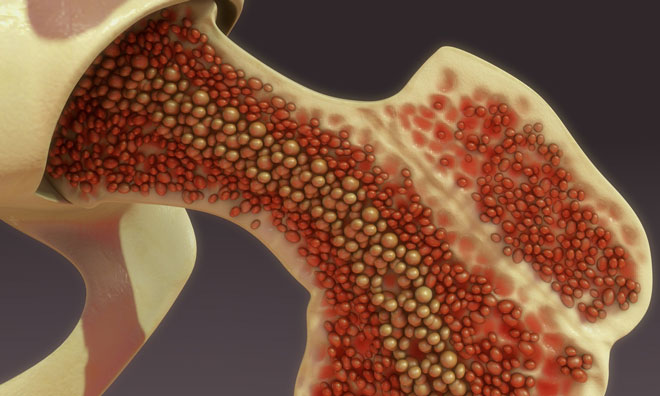

Researchers have found a pattern of genes which is characteristic of osteoarthritis and may be a step towards better treatments for this condition.
Pain is a major problem for people worldwide and arthritis is a major cause of chronic pain, especially in the elderly. Bone marrow lesions are parts of the bone which are linked to pain in osteoarthritis.
The genes found are involved in new nerve formation, pain sensitisation, bone and cartilage renewal.
The lesions appear due to increased pressure on the joint and can be seen on MRI scans, but have never been investigated in this way before.
Lead author Dr Nidhi Sofat, Consultant Rheumatologist of St George’s, University of London, said: “Our study has found that a number of new genes not previously linked to arthritis are found in bone marrow lesions and may be driving the pain and stiffness that patients suffer from . This may help us to develop ways of understanding the disease and combat it in the future.
“We carried out the first gene expression study of bone marrow lesions ever done worldwide.’’
“The cause of pain in osteoarthritis is not fully understood so any clues we come across is a step nearer to developing new improved treatments.”
Patients were recruited from St George’s University Hospitals NHS Foundation Trust.
Related topics
Clinical Trials, Funding, Gene Testing, Gene Therapy, Genetic Analysis, Genomics, Magnetic resonance images (MRI)
Related conditions
Arthritis, Osteoarthritis
Related organisations
St George’s University of London
Related people
Dr Nidhi Sofat




